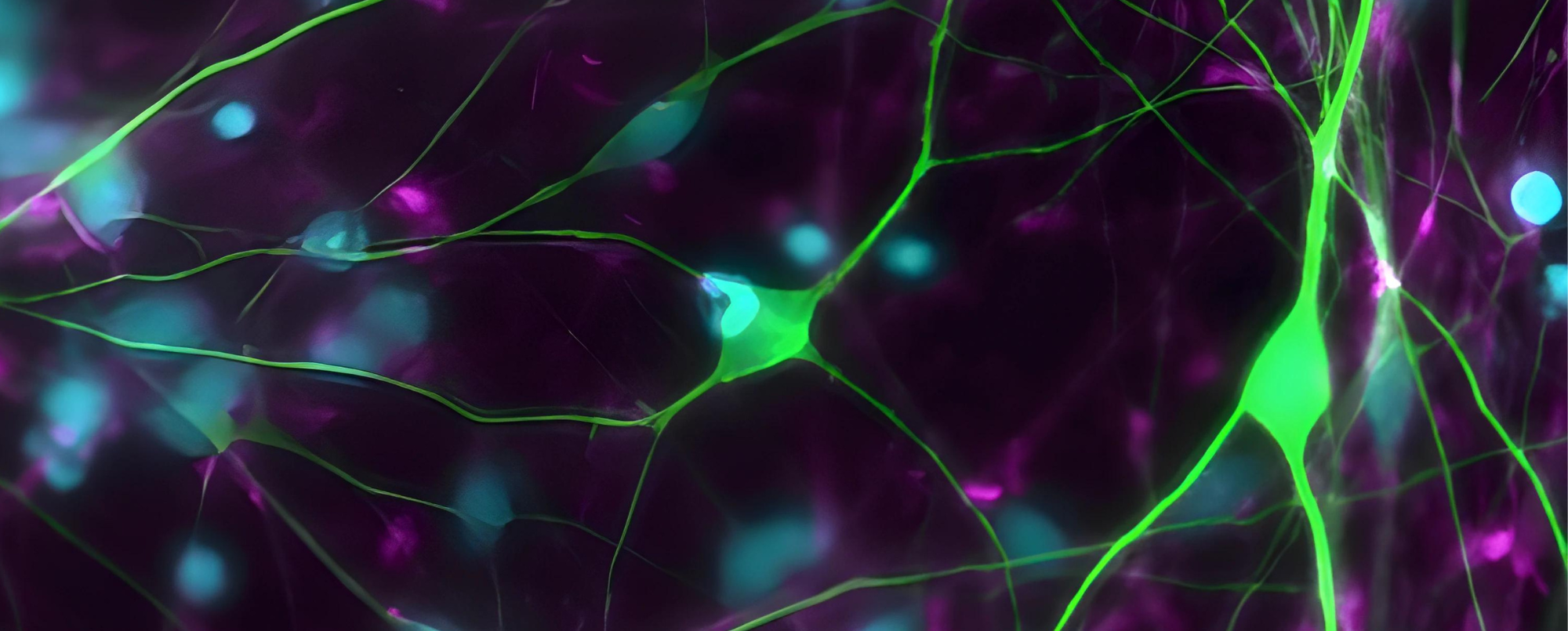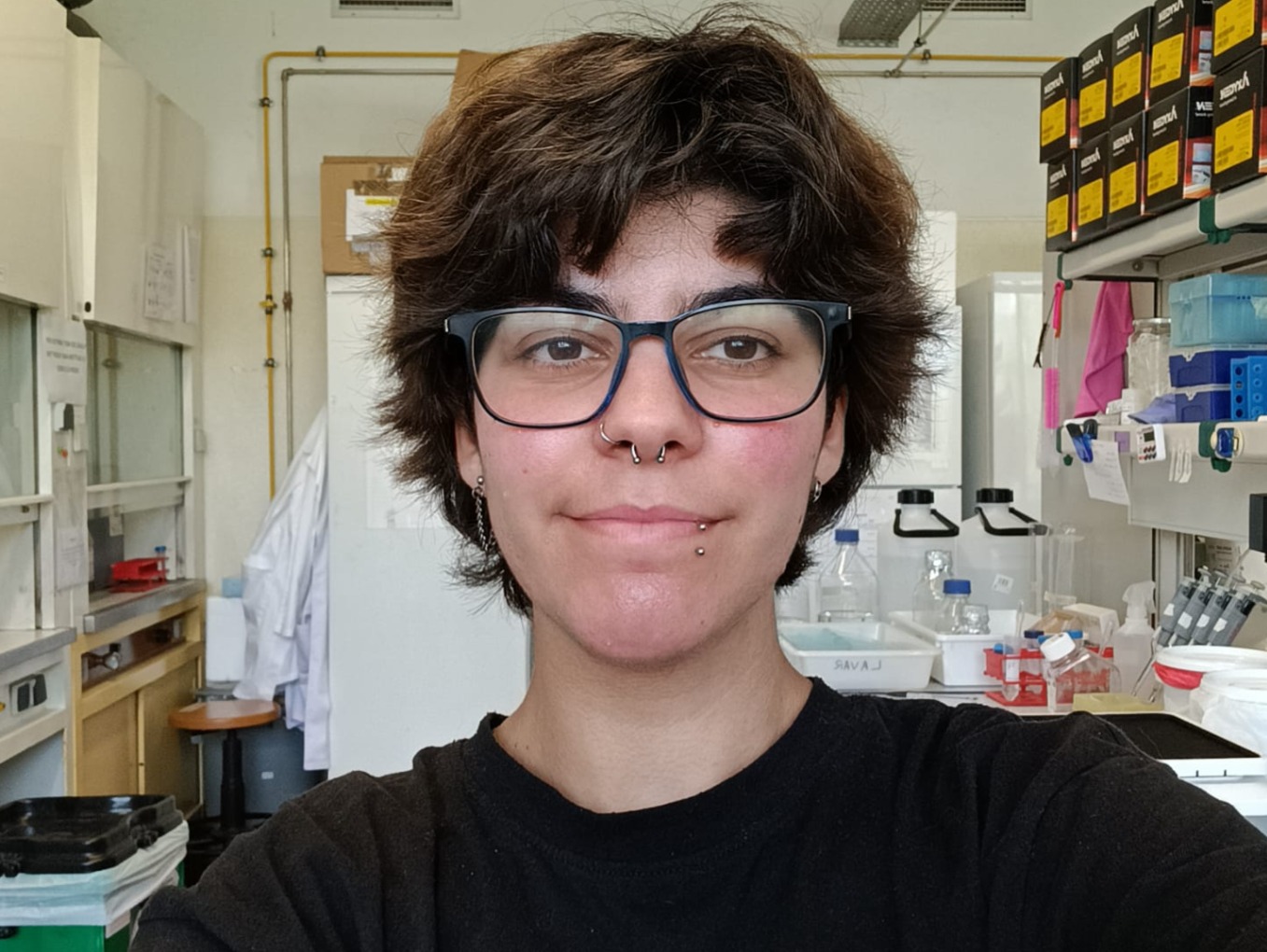Our group has two main research programmes:
A curiosity-driven, fundamental research programme on animal neurophysiology and behaviour using Drosophila as a model clade, and a goal-oriented, translational programme focusing on disease modelling and cell targeting techniques for human cells.
In the first, more established programme, currently funded by the FCT, we rely on behaviour monitoring and genetic approaches, such as neurogenetics, RNAi screens, targeted genome editing, and intersectional genetics to study neuropeptidergic signalling pathways and their roles in development, innate behaviour control, modulation of responses to environmental perturbations (such as exposure to confined space or to factors that perturb growth of peripheral tissues during development), and the evolution of these processes.
We will continue to focus on the relaxin signalling pathway, where the characterisation of candidate hits from a recent genetic screen carried out in our lab to identify new pathway components and/or regulatory factors should provide exciting discoveries for the next years.
We also plan to continue collaborations with the Ribeiro Lab (CCU, PT) on the discovery of new neuropeptide families and their biology. In the latter research programme, we will model human neurodegenerative diseases, such as peripheral neuropathies, in vivo, using Drosophila in collaboration with the Jacinto & Mendes labs (NMS, PT) and Morais-de-Sá lab (i3s, PT), and in cell culture, using human induced pluripotent stem cell-based approaches. We will develop new tools for the genetic identification and manipulation of specific human cell types or states, such as cancer dormancy, as part of a collaborative project funded by the NCI-NIH with Bravo-Cordero’s lab (Mt Sinai, US) using synthetic and computational biology concepts.












